RSS
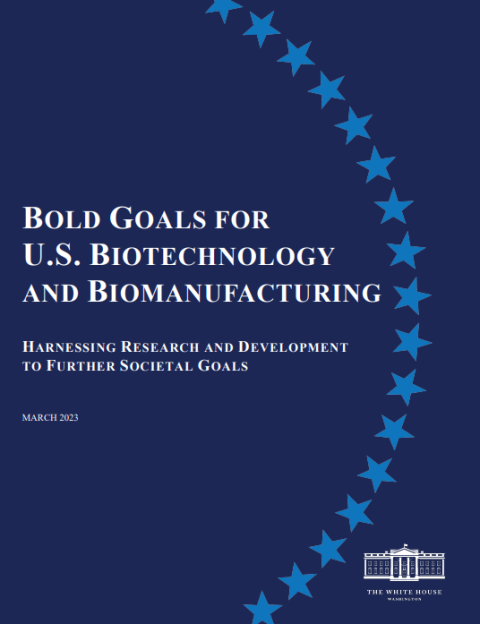
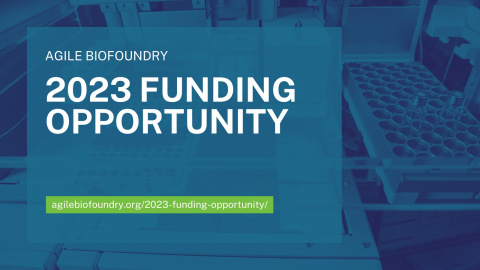

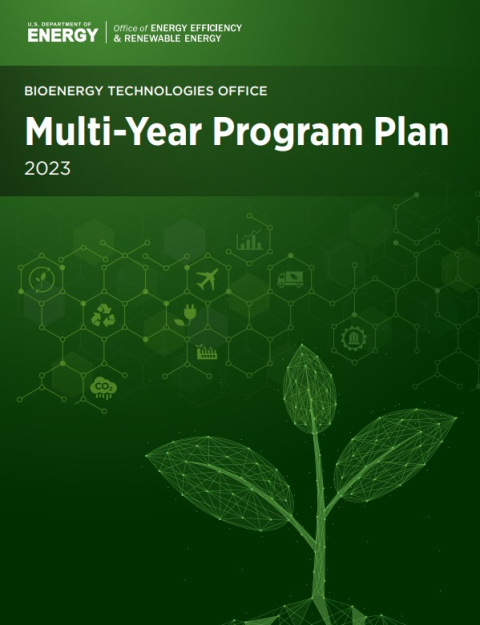
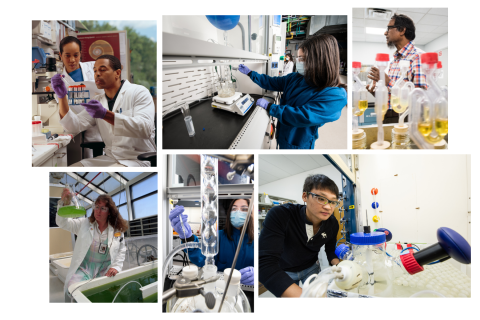
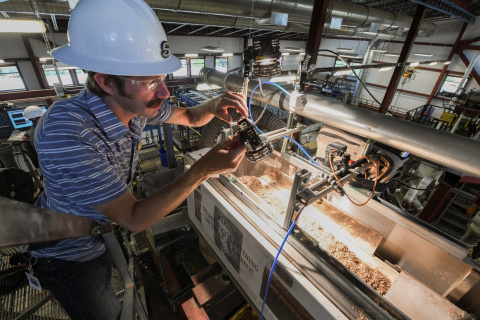
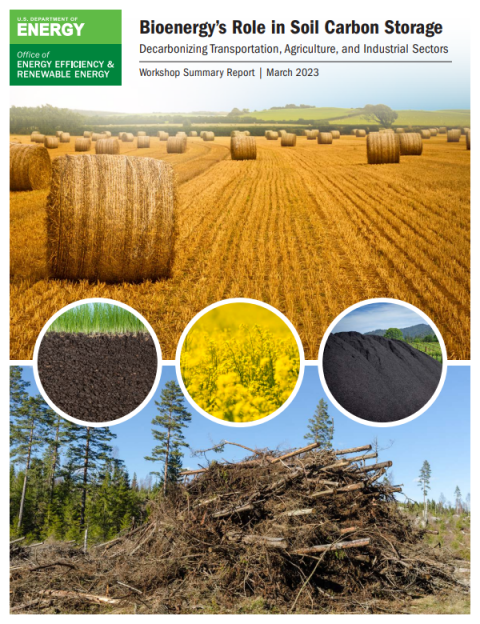
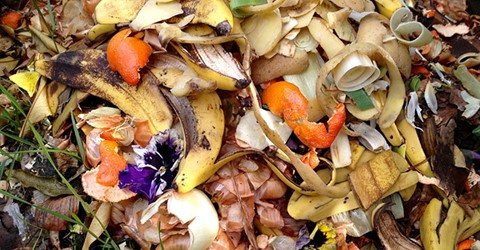
New Consortium Advances Technologies That Use Renewable Electricity to Turn Carbon Dioxide into Fuel
A new consortium of five U.S. Department of Energy (DOE) national laboratories is developing an integrated portfolio of technologies that use renewable electricity to upgrade carbon dioxide (CO2) into fuels and chemicals.

A new report, Bold Goals for U.S. Biotechnology and Biomanufacturing was announced.

The Agile BioFoundry (ABF) consortium, funded by the U.S. Department of Energy (DOE) Bioenergy Technologies Office (BETO), is announcing a funding opportunity to support competitively selected Cooperative Research and Development Agreements (CRADAs) ...

I am proud to announce the release of the U.S. Department of Energy (DOE) Bioenergy Technologies Office’s (BETO) new Multi-Year Program Plan (MYPP). The MYPP details our mission, goals, and strategies to enable the widespread adoption of bioenergy...

This Multi-Year Program Plan (MYPP) sets forth the mission, goals, and strategic approach of the U.S. Department of Energy’s Bioenergy Technologies Office (BETO). The new plan identifies BETO’s research, development, and demonstration...

The Department of Energy today announced $14 million in funding to support and optimize the production of affordable biofuels and biochemicals while significantly reducing carbon emissions.

Selected projects will have the opportunity to work with FCIC partner laboratories to mobilize and deploy the knowledge, tools, models, and expertise developed by member labs.

On March 28–29, 2022, the U.S. Department of Energy’s Office of Energy Efficiency and Renewable Energy Bioenergy Technologies Office (BETO) hosted a public virtual workshop to discuss soil carbon storage with a focus on the role of bioenergy.

The U.S Department of Energy’s Bioenergy Technologies Office (BETO) and the National Renewable Energy Laboratory (NREL) are launching the next phase of the organic Waste-to-Energy (WTE) Technical Assistance for Local Governments program
The U.S. Department of Energy announced $25.5 million in funding to enable the use of domestic biomass and waste resources, such as agricultural residues and algae, to produce low-carbon biofuels and bioproducts. This funding will advance...

